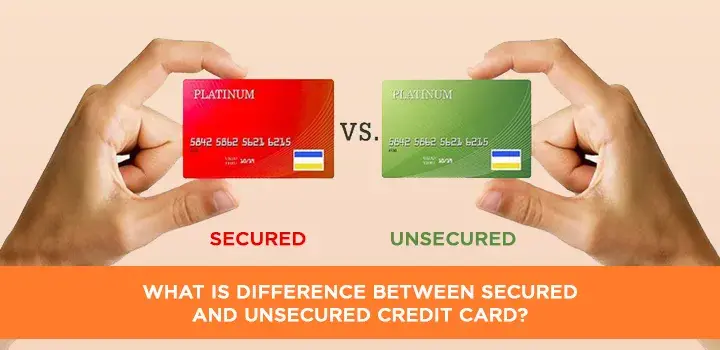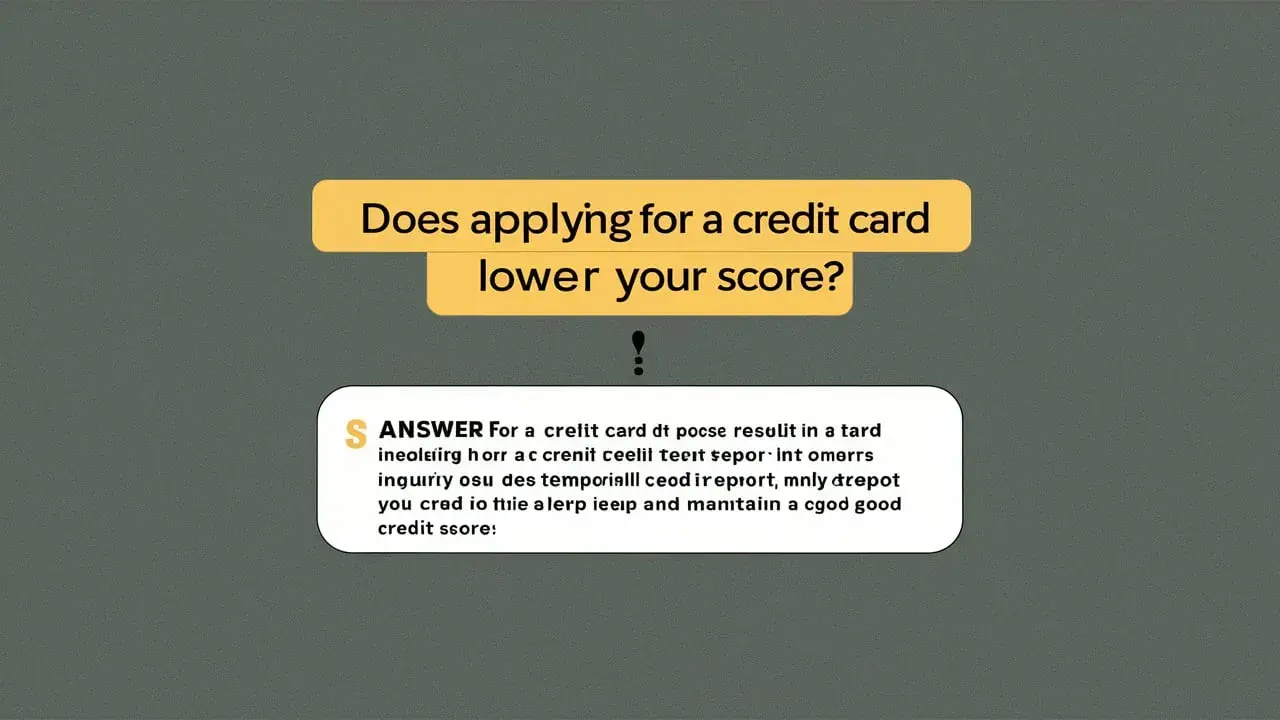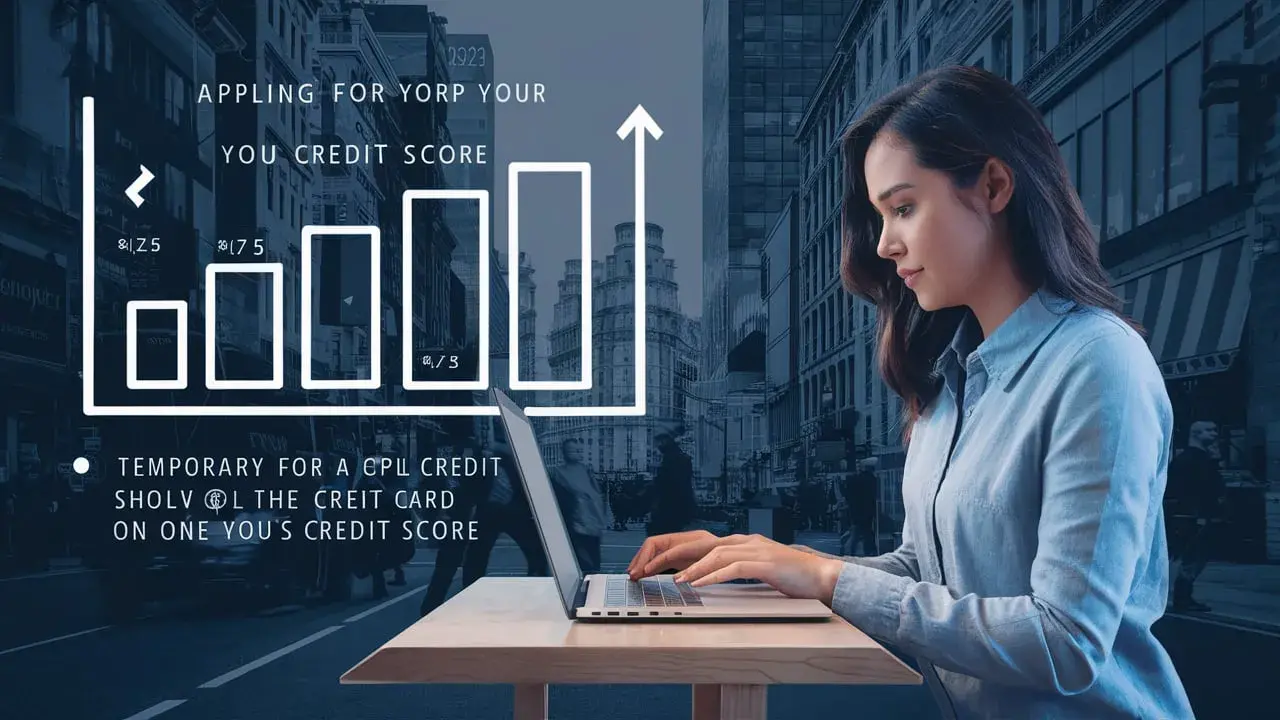-
Posted on: 06 Feb 2023

-
Just looking at secured and unsecured credit cards may help one distinguish them. Although all forms of operation are identical, one distinguishing feature distinguishes them: the need for an upfront cash deposit by account holders using a protected card. Unlike its non-secure sibling, this payment serves as protection for the issuer, hence it is very different.
What Is a Secured Credit Card?
A secured credit card is a kind of credit card wherein opening the account calls for the user to place a security deposit. Acting as collateral against any unpaid debt, this security deposit shields the lender from any losses. Usually equal to or more than the credit given, the security deposit assures that all payments will be completed on schedule. Users of this kind of card have access to a line of credit while nevertheless building their credit score.
How secured Credit cards work?
One excellent approach to either establish or repair your credit is using secured credit cards. They operate by having you put down a security deposit equivalent to your credit limit. For the issuer, this deposit acts as security and aids in risk management related to providing you with a line of credit. The main consumer credit bureaus then record your payment history, which will enable you over time to either build or repair your credit score. You may enjoy all the conveniences and perks of using a standard card with a secured card, but you run less danger.
What is an unsecured credit card?
Unsecured credit cards are those for which collateral or a deposit is not required for issuing. Like any other credit card, this kind of one may be used for payments and purchases. The main distinction is, nevertheless, that a secured credit card provides more protection than an unsecured one. Usually, more costly than secured cards, unsecured cards are offered without collateral, therefore increasing the risk involved by lenders. The advantage is that consumers could have access to stronger rewards programs and greater spending limitations than with a protected card.
How do unsecured credit cards work?
One excellent approach to starting a good financial history and developing credit is with unsecured credit cards. Unsecured credit cards depend on your creditworthiness and do not call for an upfront payment like secured cards. Accessing cash up to the maximum on an unsecured card requires no collateral or security deposit.
The benefits and features of unsecured cards include low interest rates, cashback perks, and no annual fees. Before applying for one, it's crucial to know how these kinds of cards operate so you can maximize them and carefully handle your money.
Pro Tip: How to get a secured credit card?
Secured vs. Unsecured Credit Cards: Key Differences
Category
Fully Secured
Partially Secured
Unsecured for Bad Credit
Other Unsecured
Min. Credit Required
Bad
Bad
Bad
Limited
Min. Deposit
$200
$49
$0
$0
Application Fee
$0
$0
Up to $95
$0
Min. Credit Limit
$200
$200
$300
$300
Builds Credit?
Yes
Yes
Yes
Yes
Are rewards Available?
Rarely
No
Rarely
Yes
0% APR Available?
Rarely
No
No
Yes
Secured credit cards vs. unsecured credit cards
Regarding credit card applications, users have options between secured and unsecured cards. Before deciding which kind of card to use, one should be aware of both benefits and drawbacks of both kinds. While unsecured credit cards can have higher interest rates and fees, secured credit cards call for a security deposit. You may choose an ideal credit card based on your requirements.
How to Choose Between a Secured and Unsecured Card?
If you have had some prior problems or are new to the world of credit cards, do not fret; there are still choices accessible about borrowing money. Depending on your credentials, secured cards and unsecured credit cards might be within reach. When choosing between them, give much thought; important factors like interest rates shouldn't be taken for granted!
- The security deposit: Since a secured card usually demands an upfront security deposit, if you are low on money, this might not be the ideal option. Better financial freedom and peace of mind might make another appropriate choice more appealing.
- Fees: If you're not attentive, credit cards have a lot of costs that might mount up. Though additional fees to be aware of include those related to overseas transactions, ATM withdrawals, late payments, or even card replacement, annual and monthly fees are a must.
- Rewards: Think about enrolling for one of the few cards that don't demand a perfect score if you're seeking flexibility and incentives without requiring outstanding credit. These choices allow even regular purchases to contribute significantly to savings or interesting incentives!
The Bottom Line
Two strong weapons in your financial toolkit are secured and unsecured credit cards. The qualities you give top priority will determine which one would be more fit for your requirements than the other. Think about all the benefits these choices provide when choosing a card fit for you!
A secured credit card is a great choice for anybody wishing to create or rebuild their credit history. This road may result in a safer financial future even if it demands an initial payment as security and might not provide many returns.
Using an unsecured credit card allows you to maximize benefits and shape your financial destiny. You may upgrade from a protected version even if your credit scores are not initially great as long as your account is in good standing with on-time payments. Although advertising for these cards is all around us now we know what they are!
Need better credit? Call (888) 803-7889 and let the experts help you!










